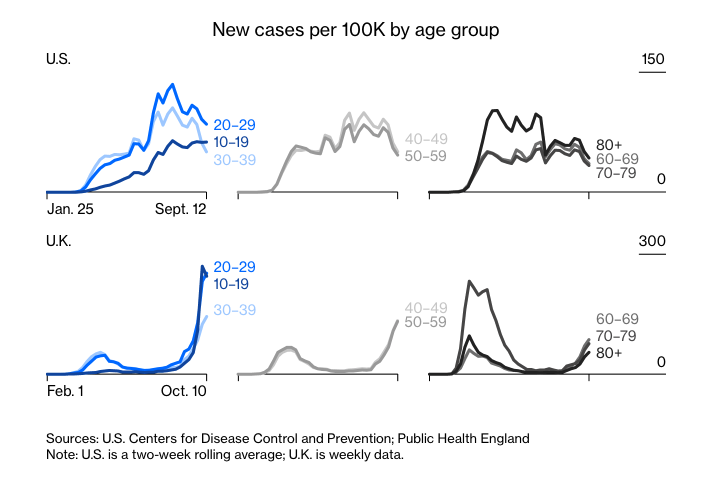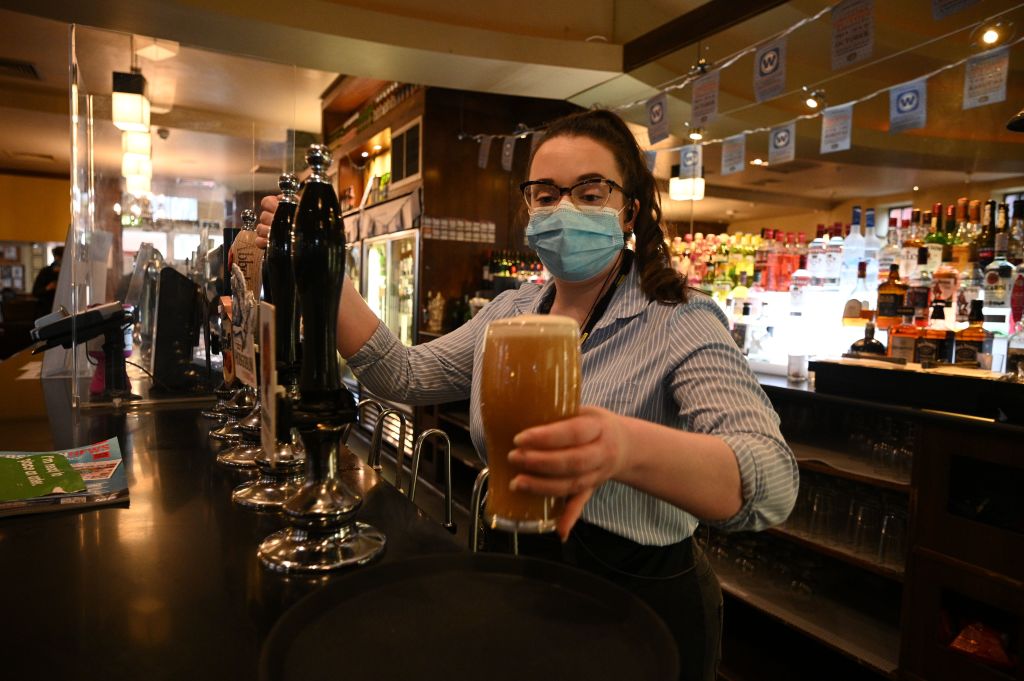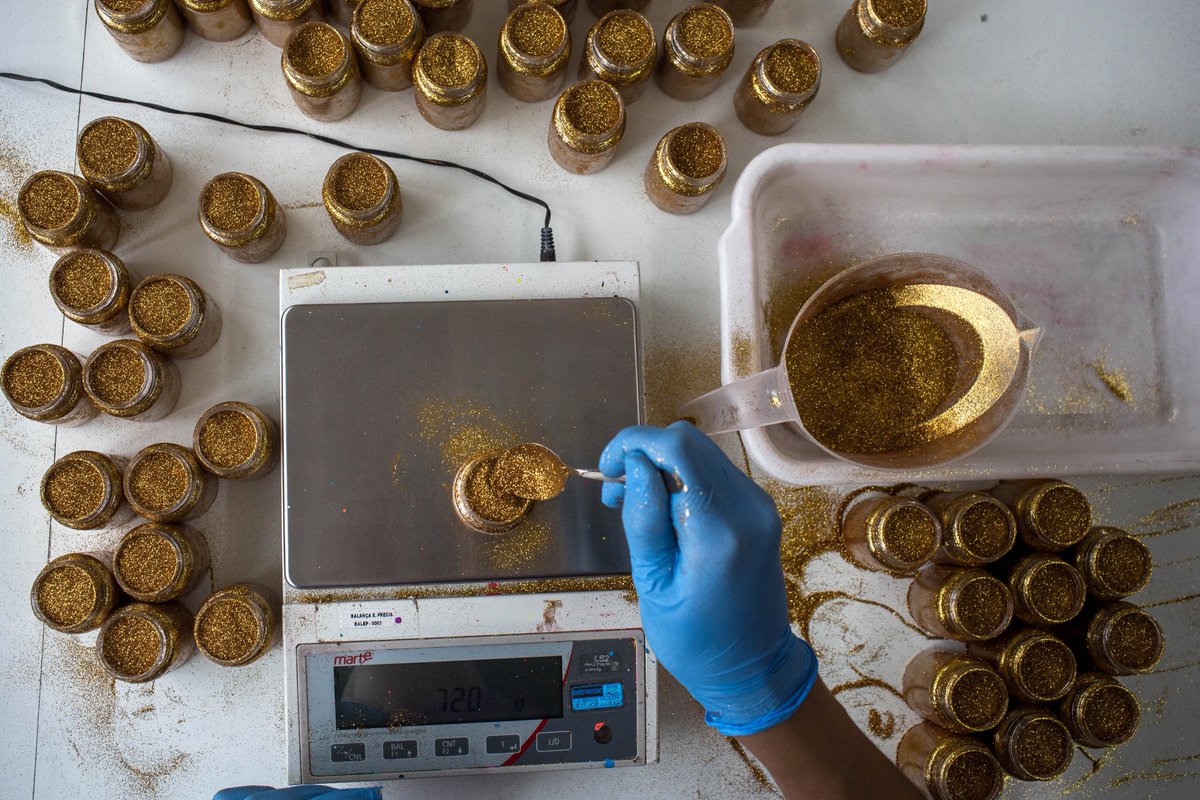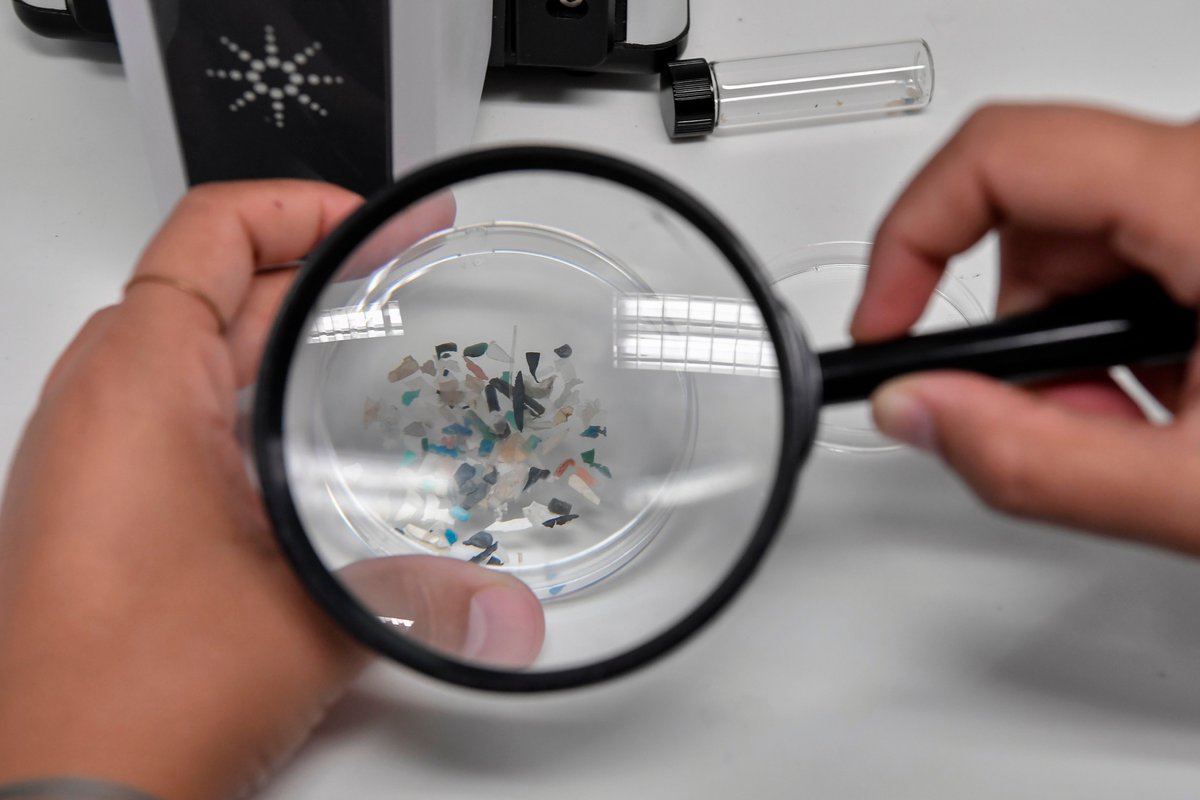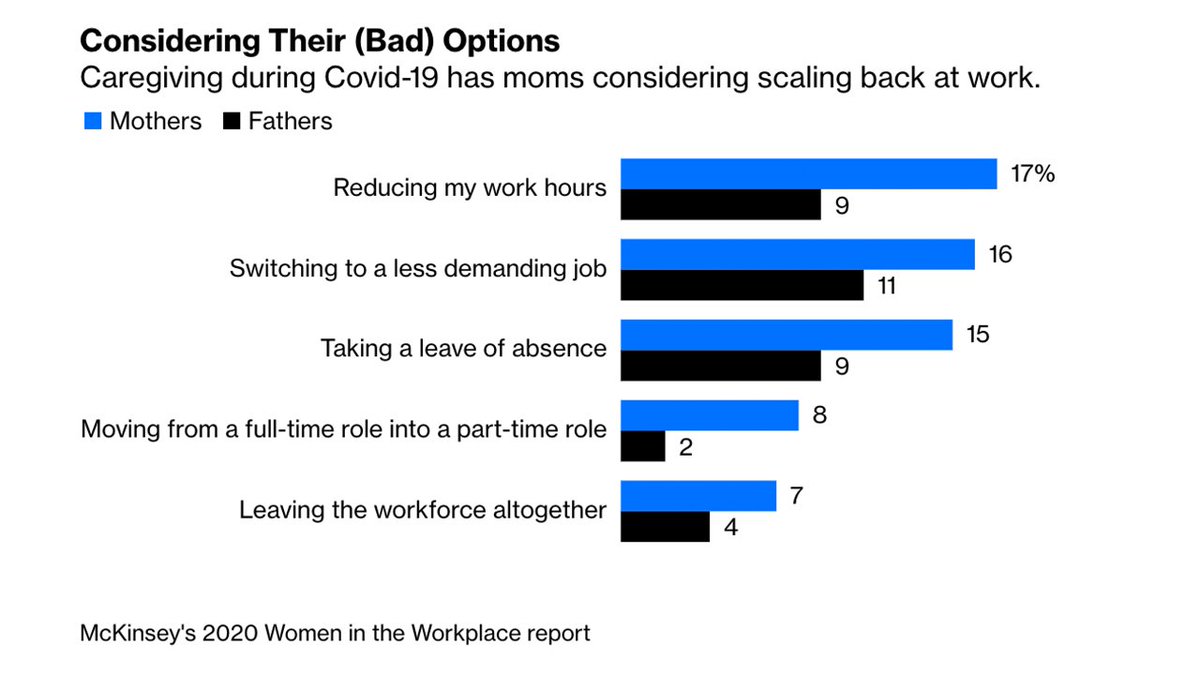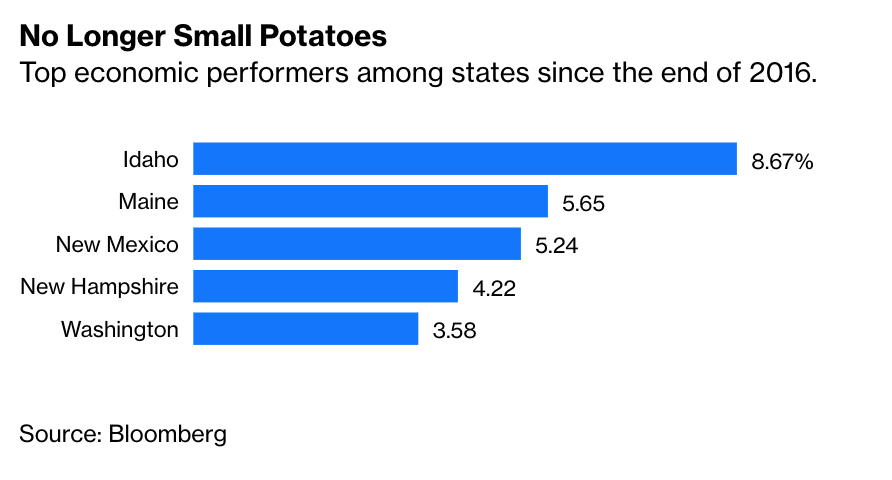
So, those reports of Covid-19 patients getting reinfected. How worried should we be? trib.al/mRkCaDt
We live with other viruses that can reinfect us — including the common cold and influenza. In these cases:
🧠It’s not serious enough for the body to develop a “memory” to help fight it again
🦠The virus has changed so our system doesn’t recognize it trib.al/mRkCaDt
🧠It’s not serious enough for the body to develop a “memory” to help fight it again
🦠The virus has changed so our system doesn’t recognize it trib.al/mRkCaDt

Covid-19 reinfection is of great concern because the virus is far more deadly relative to most colds and flu, especially in older and vulnerable people.
The good news is that a vaccine would help render the virus less of a threat. But there are unknowns trib.al/mRkCaDt
The good news is that a vaccine would help render the virus less of a threat. But there are unknowns trib.al/mRkCaDt

Here’s what we do know: Right now, Covid-19 reinfections appear to be very rare.
Out of more than 40 million Covid-19 cases reported worldwide, there have been only 5 properly documented reinfections trib.al/mRkCaDt
Out of more than 40 million Covid-19 cases reported worldwide, there have been only 5 properly documented reinfections trib.al/mRkCaDt

Reinfections may become more common as time passes. This may happen if:
➡️Our immune systems don’t consistently mount a strong or durable reaction to the virus
➡️The virus mutates sufficiently to allow it to reinfect previous patients trib.al/mRkCaDt
➡️Our immune systems don’t consistently mount a strong or durable reaction to the virus
➡️The virus mutates sufficiently to allow it to reinfect previous patients trib.al/mRkCaDt
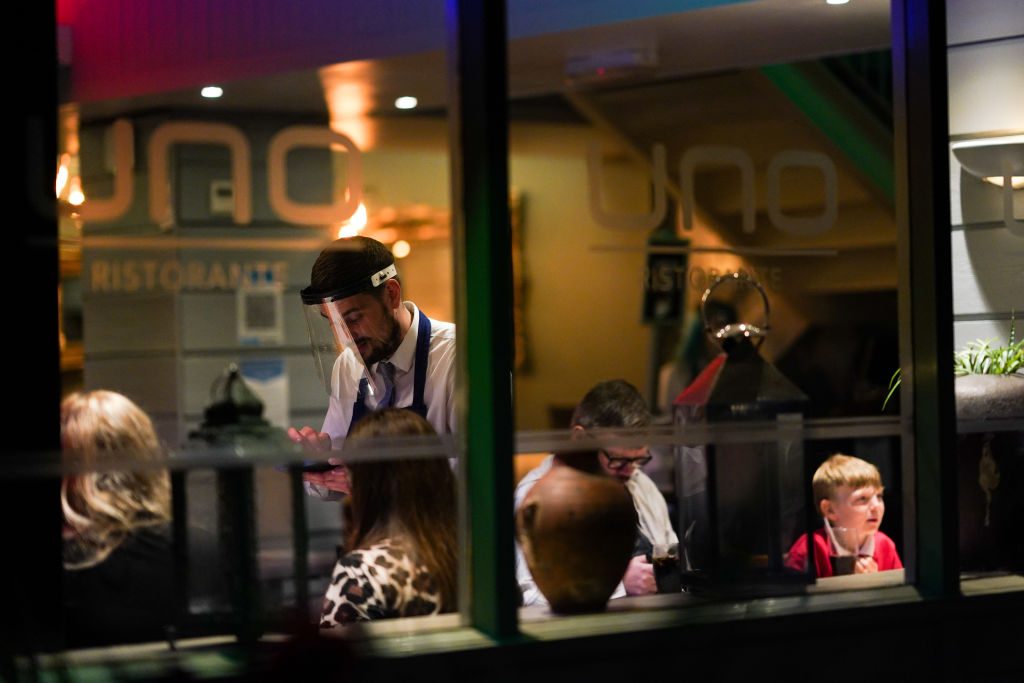
The latter is less of a worry. Sars-CoV-2 is one of the few viruses in its class that has a “proof-reading” mechanism to correct mutations.
This greatly reduces the number of mutations to far below that seen with influenza trib.al/mRkCaDt
This greatly reduces the number of mutations to far below that seen with influenza trib.al/mRkCaDt

This all does mean, there’s a chance that the virus causing Covid-19 becomes endemic in the human population.
That’s where the vaccine comes in trib.al/mRkCaDt
That’s where the vaccine comes in trib.al/mRkCaDt
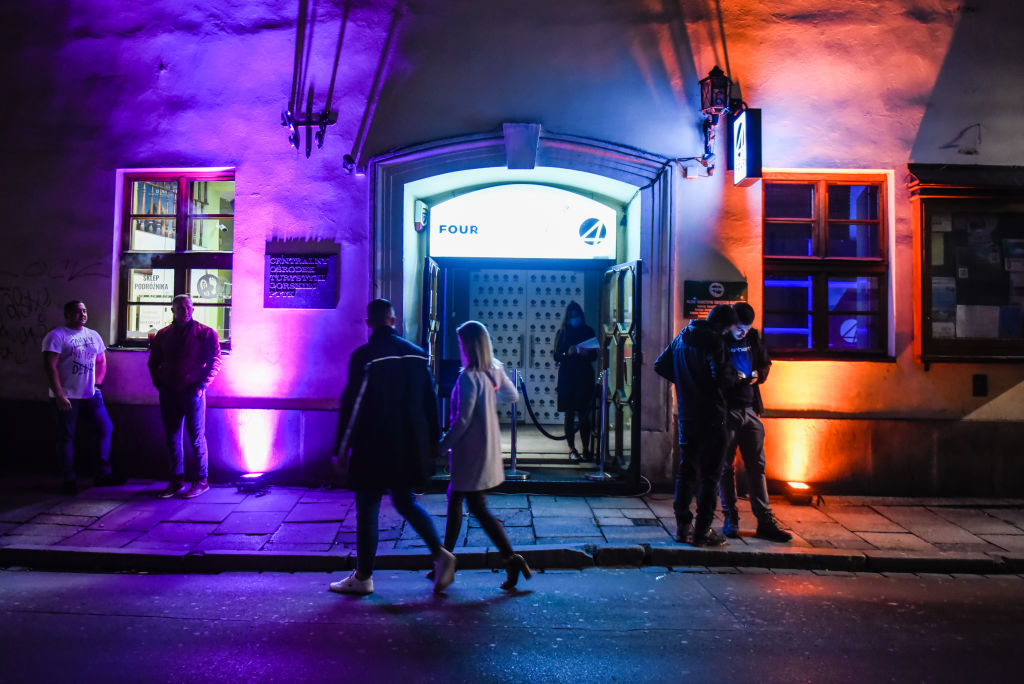
The virus is very good at evading the human immune system through multiple mechanisms, likely leading to a suboptimal immune response in most people.
An effective vaccine would help the body put up a better fight, limiting the severity of the illness trib.al/mRkCaDt
An effective vaccine would help the body put up a better fight, limiting the severity of the illness trib.al/mRkCaDt

Most of the current Covid vaccines in development target the “spike protein” of the virus, a part that’s shown little change over time trib.al/mRkCaDt 

Newer types of vaccine like those being developed by Moderna and Pfizer use the body’s protein machinery to prime the immune system.
They can be rapidly deployed to produce a different vaccine if the virus mutates enough to evade a current version trib.al/mRkCaDt
They can be rapidly deployed to produce a different vaccine if the virus mutates enough to evade a current version trib.al/mRkCaDt

An approved vaccine will have a good chance not only of staving off new cases but limiting repeat infections.
They don’t even need to work perfectly in the elderly: A good immunization campaign in younger individuals will create herd immunity trib.al/mRkCaDt
They don’t even need to work perfectly in the elderly: A good immunization campaign in younger individuals will create herd immunity trib.al/mRkCaDt

It’s too soon to say for sure how soon or if we’ll get a vaccine.
But there’s no need to worry — yet trib.al/mRkCaDt
But there’s no need to worry — yet trib.al/mRkCaDt

• • •
Missing some Tweet in this thread? You can try to
force a refresh



